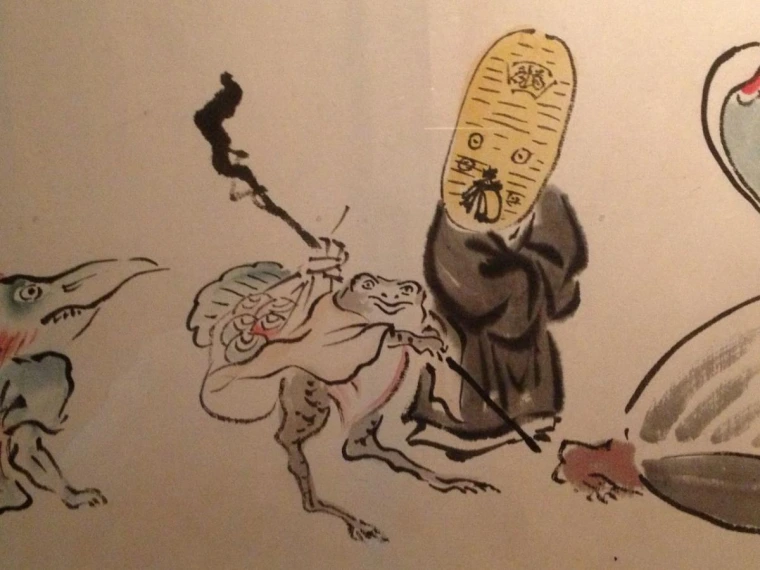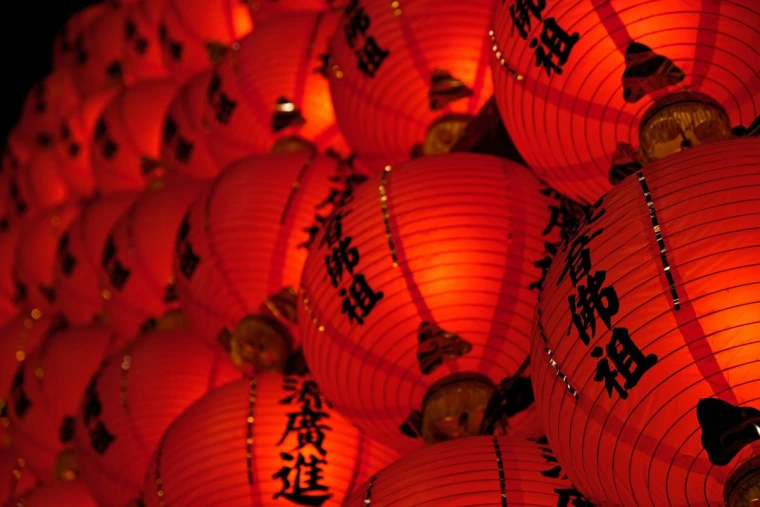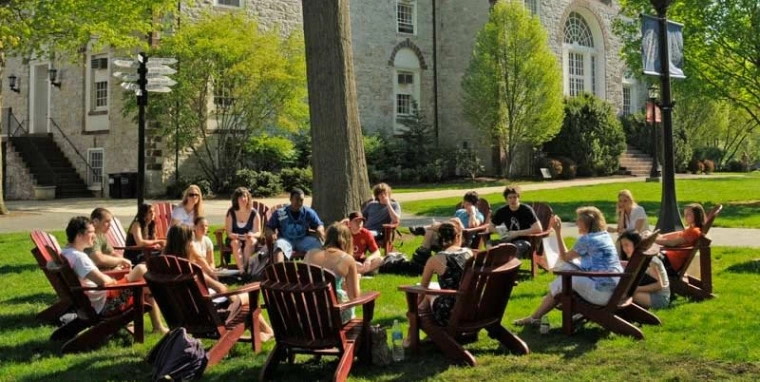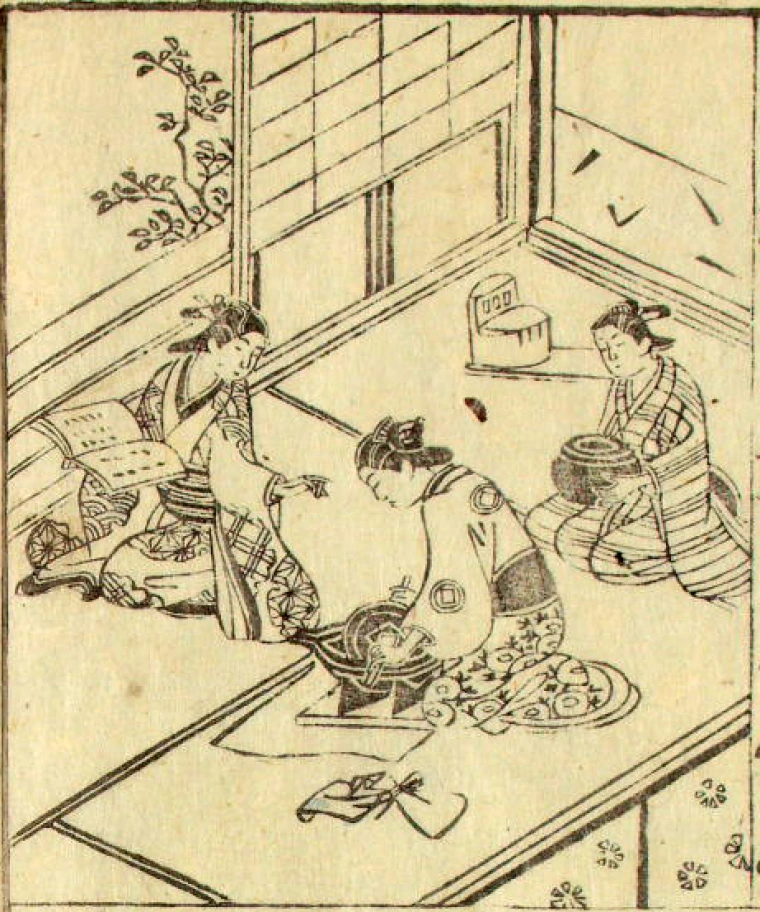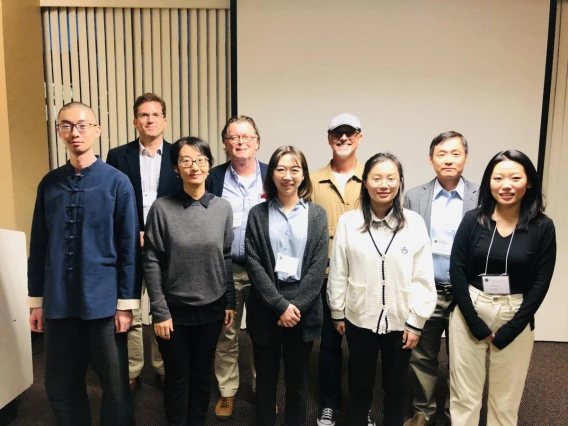Meet & Greet with Dr. Matthew King
Join us for the meet and greet with Dr. Matthew King on Friday, March 31st from 4:00 PM to 5:00 PM in LSB 107! Take the chance to have an in-depth discussion with Dr. King on his lecture “In the Forest of the Blind: The Eurasian Journey of Faxian’s Record of Buddhist Kingdoms.” Join this discussion also to learn
about research ideas and teaching experiences in religious studies and Buddhist studies.
Matthew W. King is Associate Professor in Transnational Buddhism in the Department of Religious Studies at the University of California, Riverside. He also currently serves as Director of Asian Studies. He is interested in the social history of knowledge along the Tibet-Mongol interface during the late-and post-imperial periods.
Coffee and dessert will be provided.




